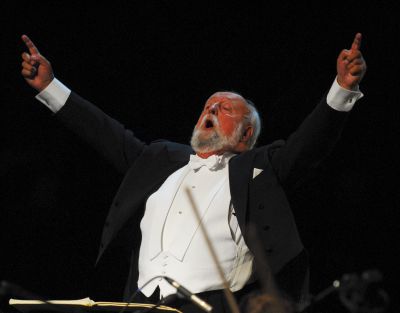Bronisław Huberman: From child prodigy to resistance fighter against National Socialism

Huberman then selected the first musicians for the orchestra whilst on concert tours in Europe by auditioning individual musicians in various cities, such as Warsaw, Vienna and Basel. The most important criterion for Huberman was the outstanding quality of the instrumentalists, particularly since the benchmark for the orchestra could not be set high enough now that Toscanini had been announced as the conductor. He was supported in selecting players and organising auditions by colleagues and conductors with whom he was friends, including the Austrian-Hungarian conductor Georg Szell (1897-1970), head of the Scottish National Orchestra at the time. In Berlin, the conductor Hans-Wilhelm (William) Steinberg (1899-1978), who was the general music director and subsequently orchestra conductor of the Kulturbund deutscher Juden in Frankfurt am Main until 1933, held the auditions in the Hotel Fürstenhof, a traditional luxury hotel in Potsdamer Platz. In the same year, Steinberg emigrated to Palestine and became the principal conductor of the Palestine Orchestra.
The salary expectations and visions for the future of those musicians who were living in Germany did not always match the opportunities available in Palestine or the living conditions there and this meant that many of Huberman’s preferred candidates declined.[44] Most of the musicians arriving from Germany came from the orchestras of the Jüdischer Kulturbund in Frankfurt and Berlin. They included, for example, the trombonist Heinrich Schiefer (1906-2006), who was born the son of Polish parents in Berlin-Kreuzbert. He had worked in Berlin as a jazz musician, performed at various engagements in the Netherlands and in Switzerland and had been declared stateless in Germany in 1935. Also from Berlin was the horn player Horst Salomon (*1913), a passionate amateur wrestler and member of the Zionist sports club Bar Kochba, whose musical abilities were so well known in various orchestras and theatres in Berlin that he did not need to audition for Steinberg and Huberman. Schiefer and Salomon, who were good friends, emigrated to Palestine together.[45]












